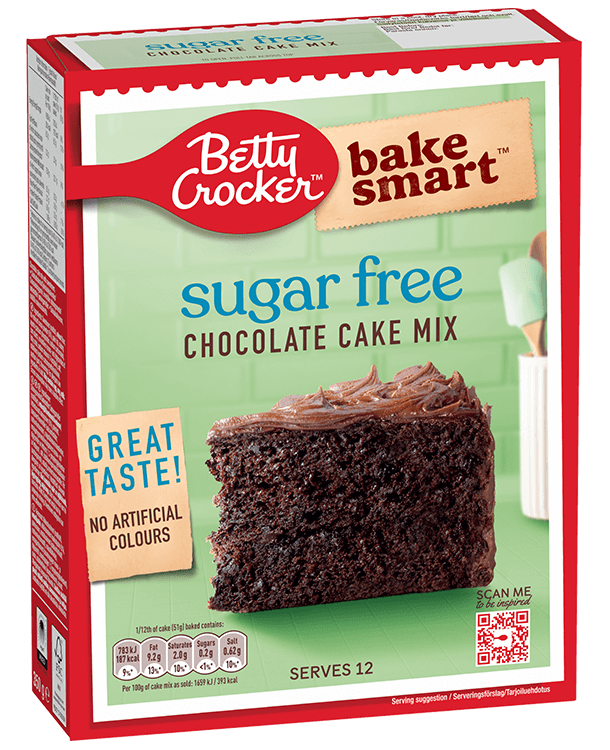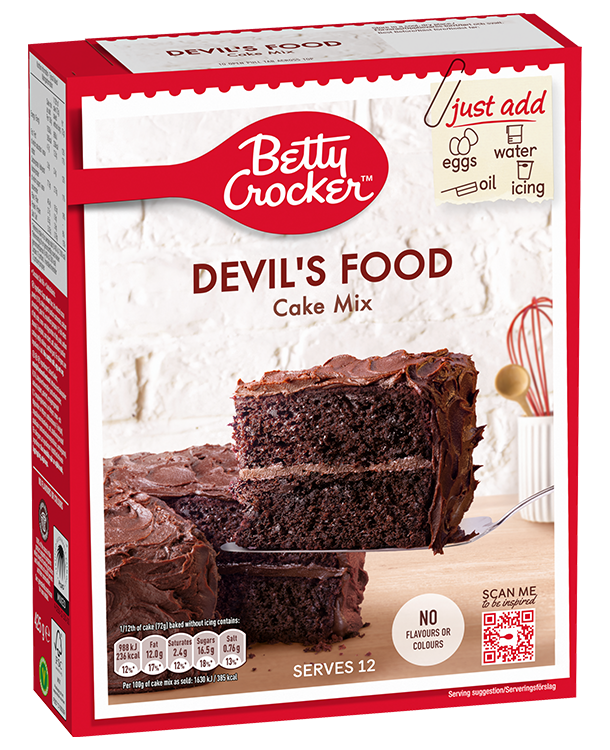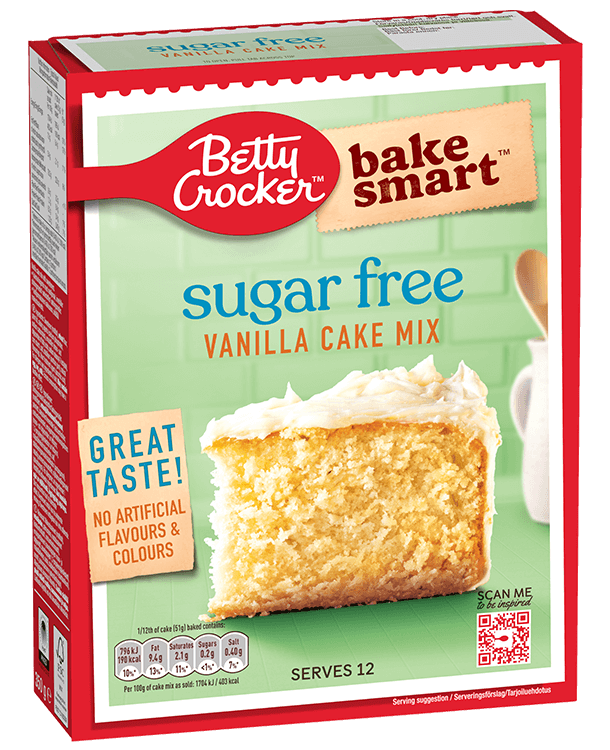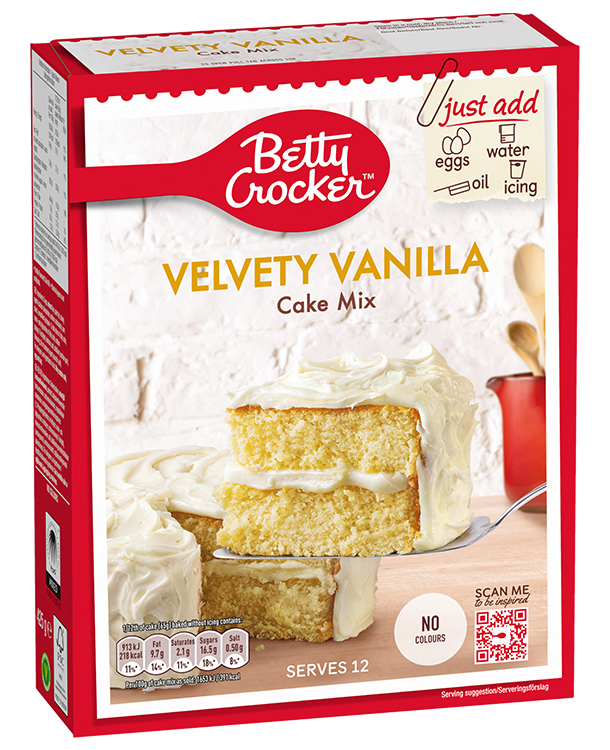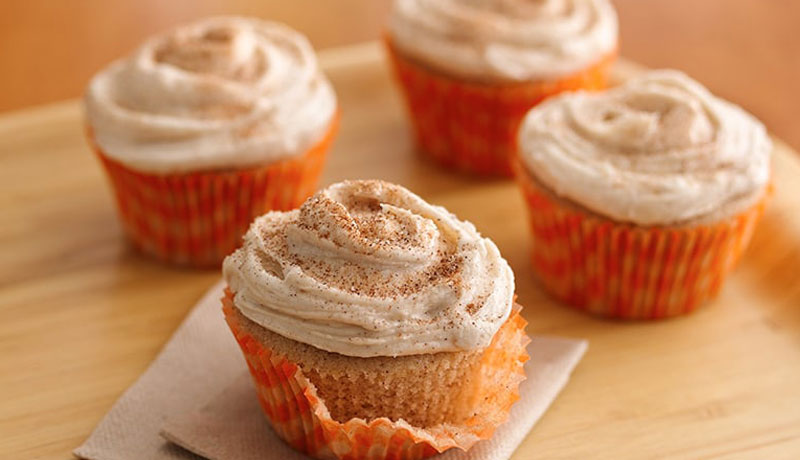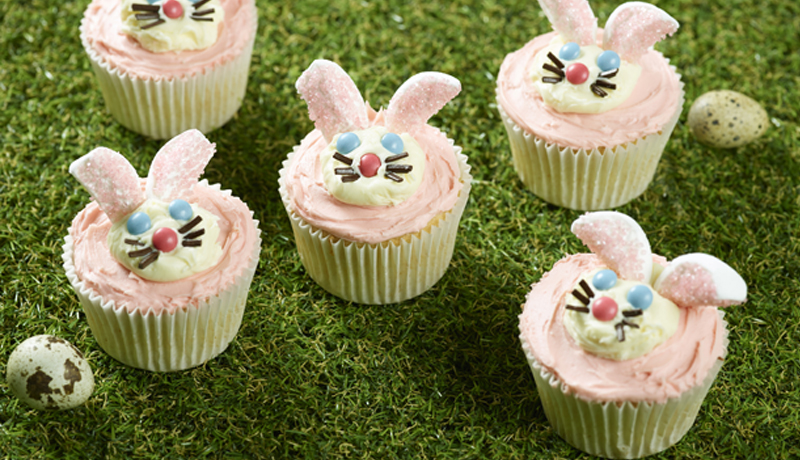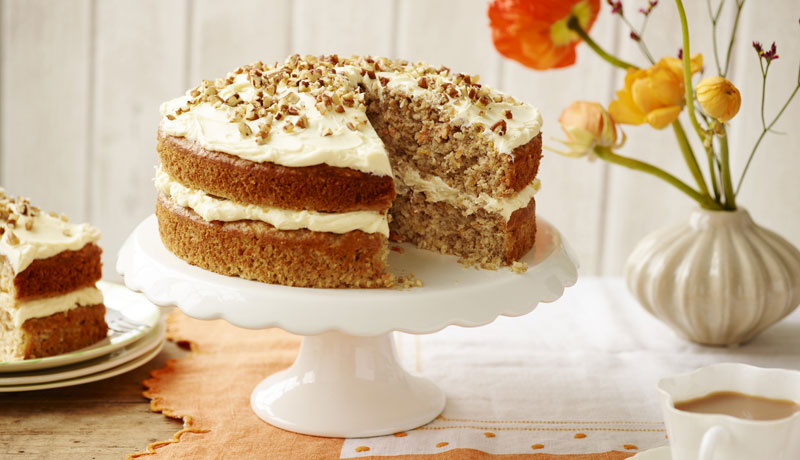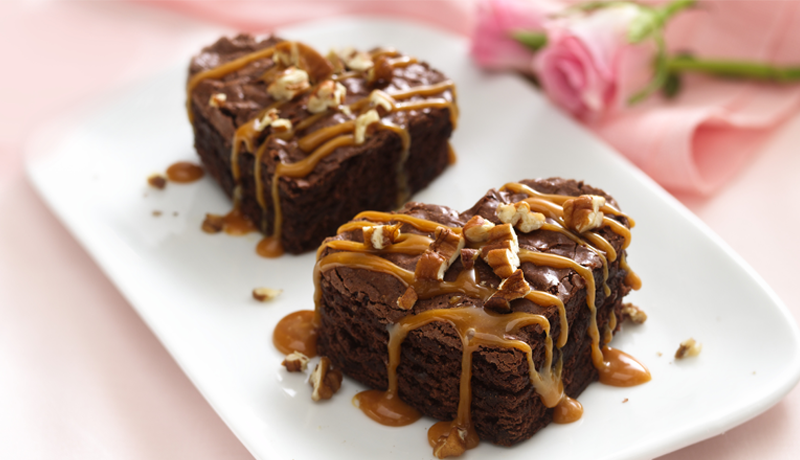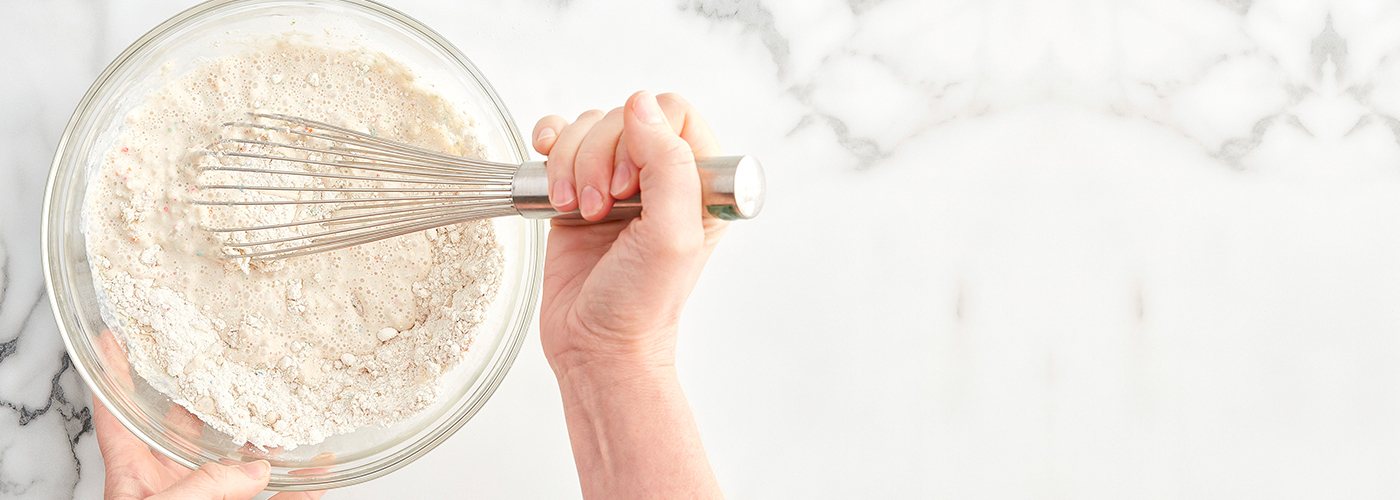
How to Measure Baking Ingredients Without Cups or Scales
Some say baking is a science rather than an art, and that’s because measuring ingredients accurately is crucial to your delicious bakes turning out right. But what if you don’t have the typical measuring cups or scales found in most kitchens?
Baking equipment such as kitchen scales and measuring cups are great for getting your measurements just right, but it’s not the only way you can achieve accuracy in your baking. Get creative and learn how to repurpose everyday household items to help you gauge your measurements.
Learning Basic Kitchen Measurements
Knowledge of basic kitchen conversions can simplify your baking process and improve your efficiency over time. Once you know how to convert units of measurement, you can easily adjust recipes. Below are the most common units of measurement used in baking:
| Volume | Weight | Length |
| Millilitre (ml) | Milligram (mg) | Millimetre (mm) |
| Litre (L) | Gram (g) | Centimetre (cm) |
| Decilitre (dl) | Kilogram (kg) | |
| Teaspoon (tsp) | ||
| Tablespoon (tbsp) | ||
| Cup (c) | ||
| Pint (pt) |

Measuring Flour Without Scales
When it comes to measures in baking, flour can be one of the trickiest ingredients. This is because it can be heavily compacted or very loose, which affects the weight. So, how do you measure 100g of flour without scales?
A simple trick is to fluff your flour using a fork before measuring, then use a standard dinner tablespoon as an approximation. If you lightly scoop up some flour on the spoon, make sure it’s level, this should give you about 15 grams of flour. So, for roughly 100g, you’ll need around seven scoops.
Remember to spoon and level rather than simply scooping your loose ingredients, as this could compact the flour and affect the weight. Different flours can have different density so keep this in mind depending on the recipe.
You can use online baking converters to simplify this process.
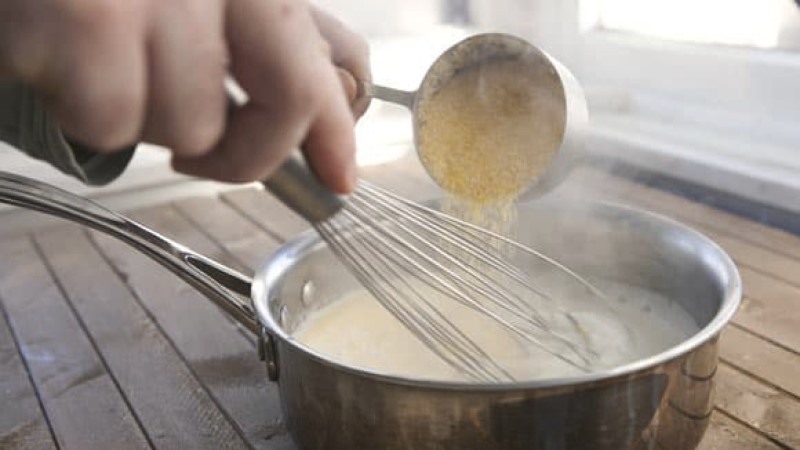
Measuring Sugar Without Scales
Similar to flour, you can measure using a standard tablespoon. A heaped tablespoon of granulated sugar weighs approximately 25g while a levelled one weighs around 20g.
You can apply a similar method to baking powder.
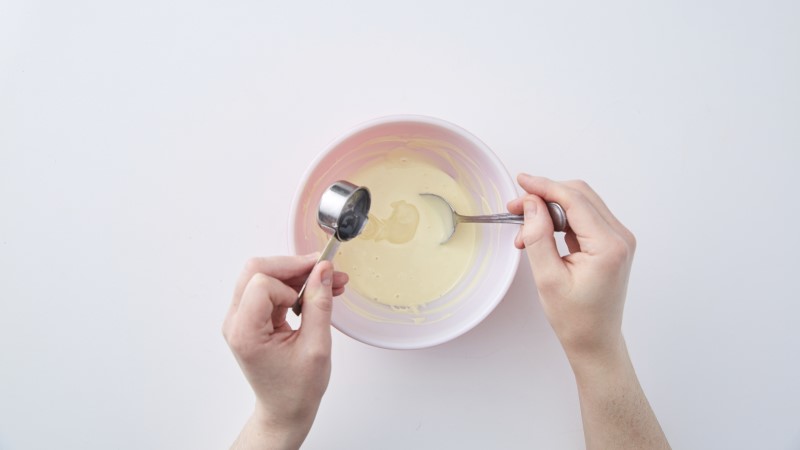
How to Measure Liquids For Baking
It’s best to measure liquids using a measuring cup for accuracy, but if you don’t have one of these at home, you can portion your liquids using spoons instead. For example, 16 tablespoons is equivalent to 1 cup of liquids, or 250ml if you have a measuring jug that you often use for cooking.
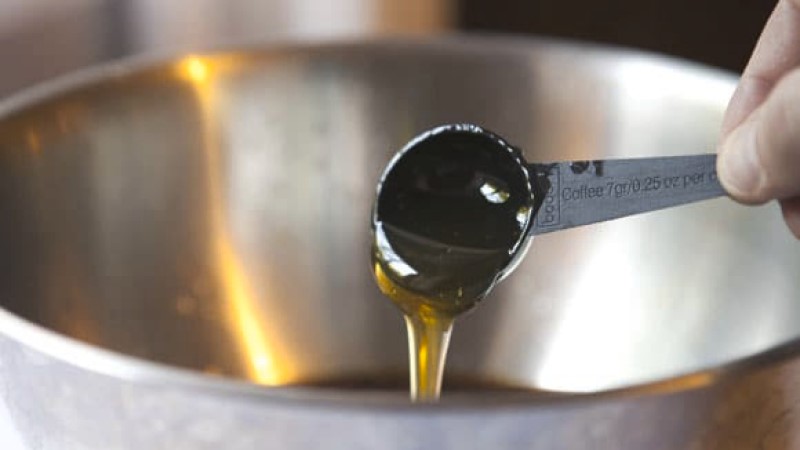
Measuring Butter
Sticks of butter can be easily measured as they usually include marking lines to help with measurement. For those that use containers, you can measure it using tabelspoons, for example 25 grams of butter is roughly the equivalent to 1 tablespoon.
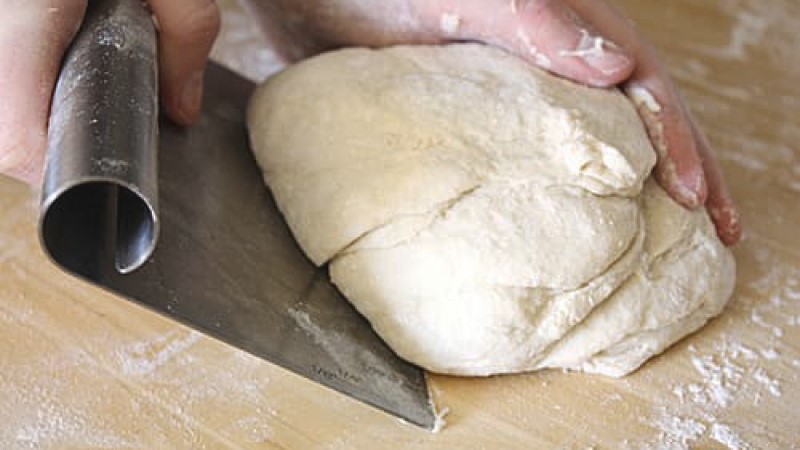
Making Baking Simple
Baking may be a science, but with Betty Crocker, it’s all about simplicity. Whether you’re a seasoned pro or just starting out, mastering how to measure ingredients without scales will make baking easier. Our products come with pre-portioned ingredients, cutting down on the need for measuring and making more time for fun.

